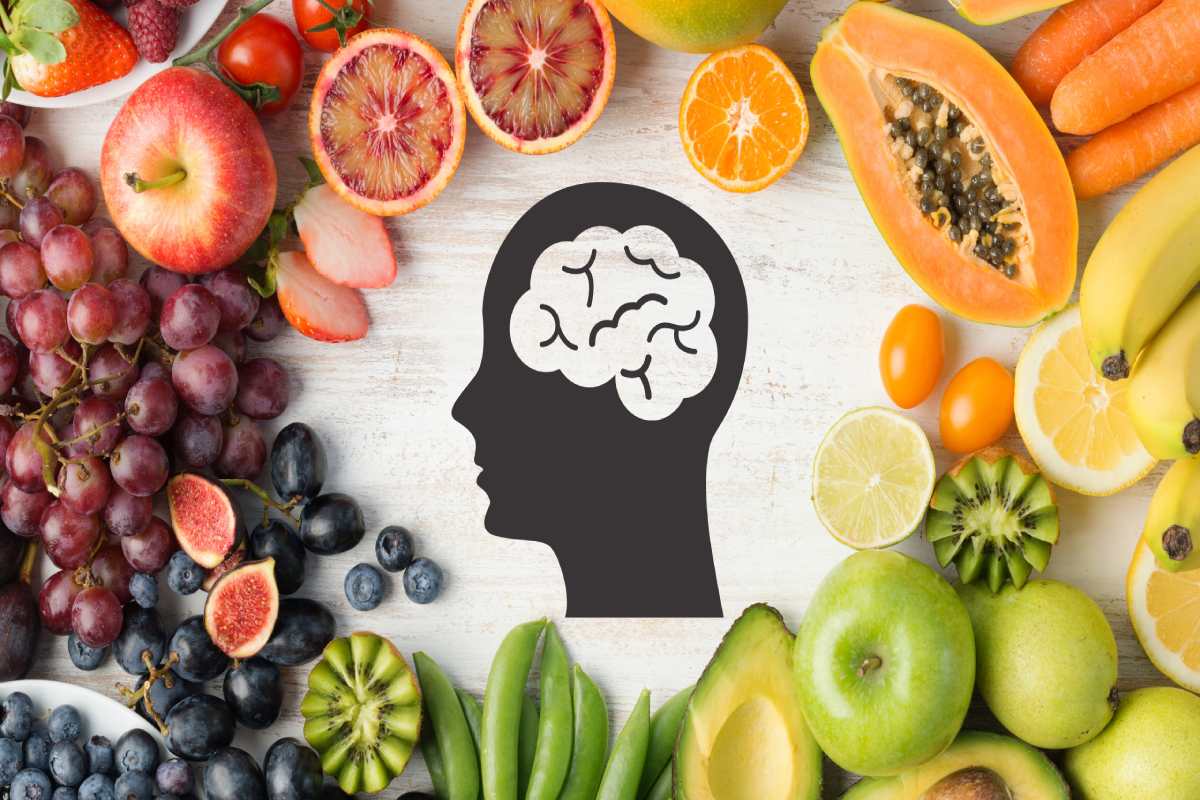Brain Function – Sometimes we may feel sad or anxious not because of psychological factors, but because of physical ones. If everything is going well in your life and there is nothing to feel sad or anxious about, the problem probably lies in your diet. Here’s how nutrition affects our brain function.
Table of Contents
Nutrition and the Brain
Cognitive Function
You are what you eat, it’s also said that the brain is in the gut. Food is hugely important for cognitive functions: memory, concentration, and problem solving. All these are essential if you do anything from playing Sweet Bonanza free spins to completing tasks at work. Scientific studies have shown what foods you should eat to keep your brain healthy include:
- Foods with antioxidants (berries, nuts, spinach and red peppers).
- Foods with polyunsaturated fats (flaxseed oil and seeds, fatty fish, avocados).
- Foods with neuroprotectants (pomegranate and spinach, turmeric, chia seeds).
An experiment was conducted: A group of people followed a Mediterranean diet rich in olive oil, nuts and fish. Subsequently, there was virtually no Alzheimer’s disease among these people.
Macro and Micronutrients
Minerals, vitamins, and trace elements such as magnesium, zinc and vitamin D play an important role in the functioning of the nervous system. Deficiencies in these elements can lead to brain dysfunctions, including depression and insomnia. Scientists have proven that vitamin D levels are linked to the risk of developing depression. Deficiency of this vitamin can affect mood and mental health.
Sugar and the Brain
Excess sugar causes inflammation, which negatively affects the brain. Sugar increases the risk of developing Type II diabetes, which increases the risk of dementia.
Studies have been conducted on diets with high amounts of sugar. It turned out that excess sugar increases levels of the protein beta-amyloid in the brain, which is considered a key marker of Alzheimer’s disease.
The Role of Microbiota in Digestion
Human microbiota are the microorganisms that live in our gastrointestinal tract. The impact of microorganisms is often underestimated, and yet they play an important role in digestion and nutrient absorption.
Microbiota and Mental Health
There is a gut-brain connection between the microbiota and the brain, the same brain in the gut. The composition of the microbiota can affect mental health, including stress and anxiety levels.
A study at the University of California found that when the composition of the microbiota was changed in mice, their response to stress changed, suggesting that the microbiota may influence mental health.
Inflammation and the Microbiota
The microbiota is essential for regulating inflammatory processes in the body. This example best illustrates the powerful influence of microorganisms in our bodies.
Some types of bacteria in the gut promote inflammation while others reduce it. A skewed composition of the microbiota leads to chronic inflammation, which has a negative impact on the brain and becomes a cause for the development of neurodegenerative diseases.
An imbalance in the composition of the microbiota contributes to irritable bowel syndrome, and this syndrome is associated with symptoms of anxiety and depression, which in turn affect brain function.
Chocolate: Improving Brain Function
A good dietary supplement that will significantly improve brain function is chocolate. It has a lot of useful substances such as calcium, phosphorus and magnesium. Thus, when we consume chocolate, we improve brain nutrition and cellular metabolism, and simply lift our mood.
According to scientists, the useful substances contained in chocolate are aimed at reducing stress levels, to give a quick release of energy, which is often very important at the exam.
Nuts: Strengthening Memory
Consumption of nuts helps improve metabolic processes in the body, stimulate brain activity, strengthen memory, and achieve a number of other beneficial effects.
It’s worth eating different nuts — almonds, hazelnuts, pecans, hazelnuts, pine nuts, and others. The optimal amount is 40 grams per day.
Meat and seafood should also be present in the diet, but it’s best to consume them in boiled form. If you fry yourself a steak or buy shrimp, the body will be too much affected, you yourself will feel that your thoughts seem to move slowly. A great alternative is boiled lean meat and shrimp.

